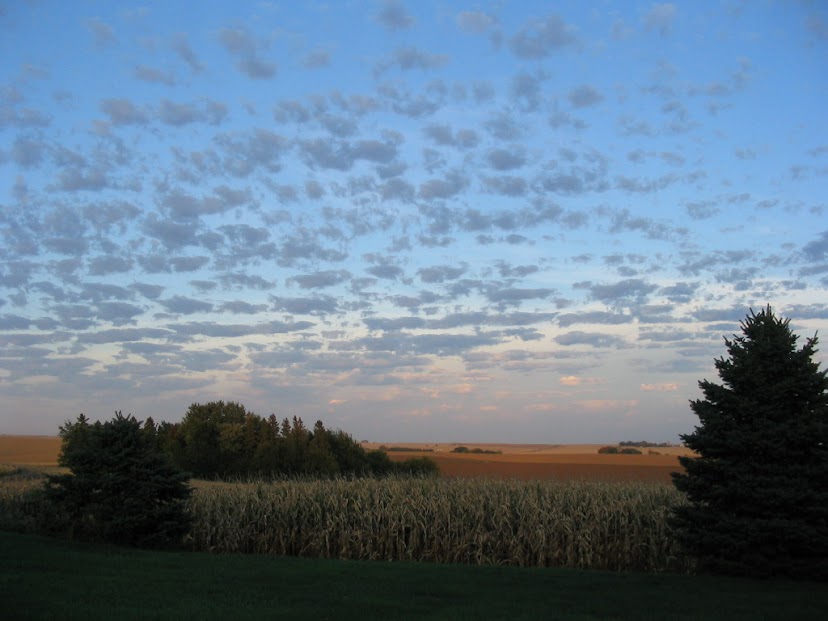Continued from yesterday's post on the Little House Books.
Did she fictionalize some of it? Did Pa fictionalize some of this to her, which is passed on as she heard it? The account of the Indian in the store predicting a terrible winter (ch.7), which she could have heard from both Pa and Almanzo, is really suspicious. The stilted English and inscrutable, nature-savvy Indian were familiar stereotypes at the time these were published. The skilled White hunter/trapper who understands the Indian dialect and sign language was familiar, too.
The wolf story (ch. 7) in Little House on the Prairie raises the same suspicion. Wolf stories are very popular in the late 19th and early 20th centuries. And if I were to reread the whole series, I expect I'd find at least one big example of an incident like the Indian prediction or the ride with the wolves that directly met reader expectations. The West was already heavily mythologized when she started publishing these, the family needed the money, and Rose knew a lot about marketing. Means, motive, and opportunity.
What gets left out? A great deal! Not just practical things like how they used the bathroom while snowed in or how all those animals got made into meat throughout these books. It makes sense that this would be left out in the 1930's and 1940's, because even most juvenile readers would already know.
But let's take the end of The Long Winter. We hear that no one got lost in a storm, and the family made it through. But we don't hear that everyone in town made it through; it implies that no one developed rickets or lost their minds, or that no one got drunk and beat his wife. These stories presage John Wayne's West (without a sheriff), not Clint Eastwood's.
And reading Iowa history raises a lot more questions. We hear of Ma's contempt for foreign women, but we don't meet them. How often did Ma assist at a birth or wash the dead for burial, and when did she start taking Laura along? Where's the whiskey? Where are the Catholics?
What would have happened to them had Pa died in one of the many instances he risked his life? Iowa had several orphanages, secular and religious, and the mothers were alive for a lot of those kids. But for a lot of this story, ending up in an orphanage would have been a best case scenario.
The books present themselves as an ordinary autobiographical "contract" of truthful exposition by the author as Derrida excruciatingly outlines. They arguably have a deliberate political and cultural agenda, as my African teacher would point out. And the narrator alternately conceals facts and interprets others for effect as Wolfe taught me to notice.
I'm not trying to ruin anyone's reading! But there's literary artifice and cultural agenda here beyond the necessary limit of one person's perspective. Of course, I don't lay that on my kids. I'm taking care, as my boy reads them, that he gets a wider perspective than the mythologizing going on here. That's not too hard to do while living here, and it's a good opportunity to teach him, gently, to ask questions as he reads. Most juvenile literature is far too simplistic to be a good teaching opportunity.
more soon, a different take on Farmer Boy

No comments:
Post a Comment